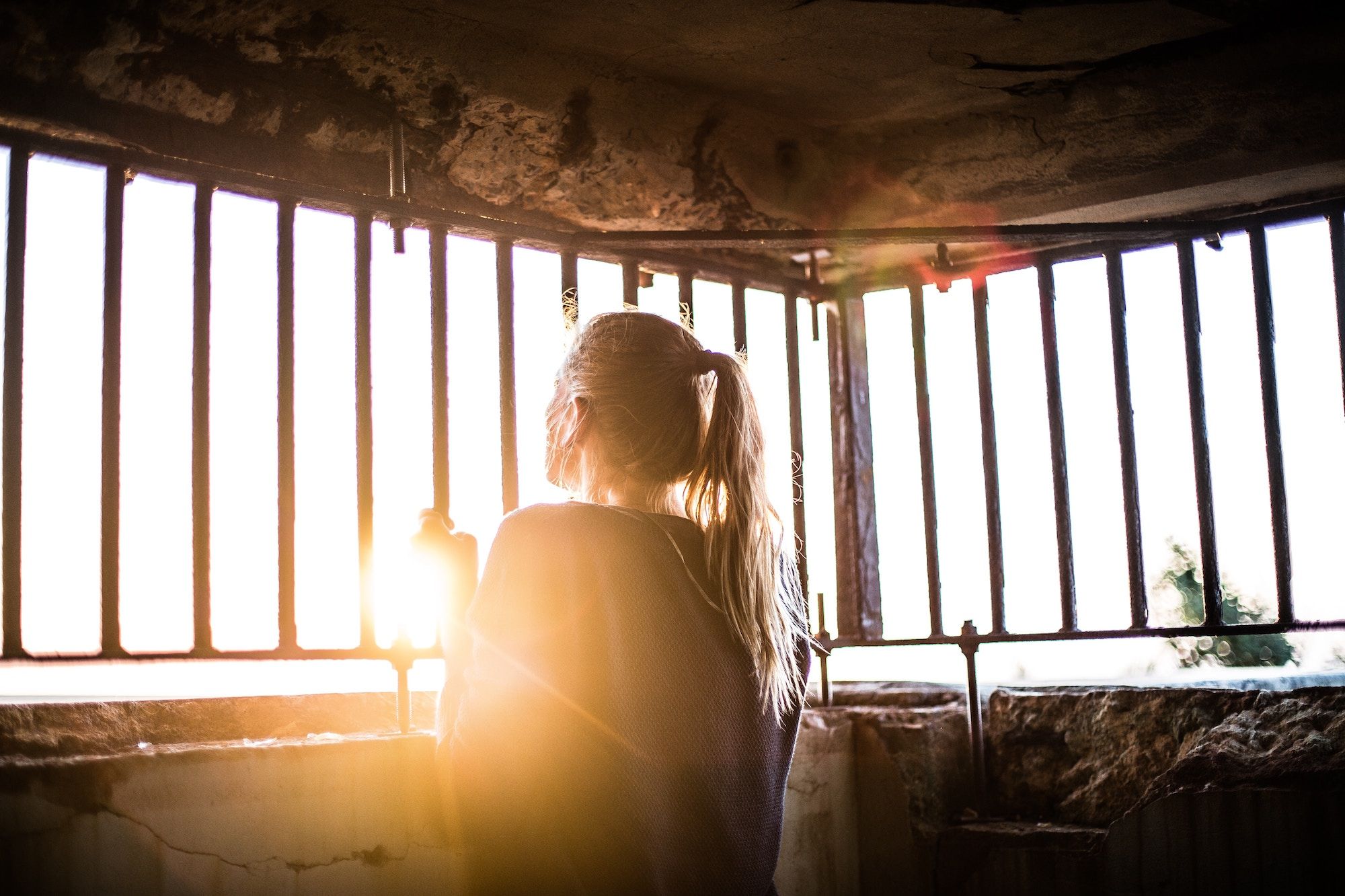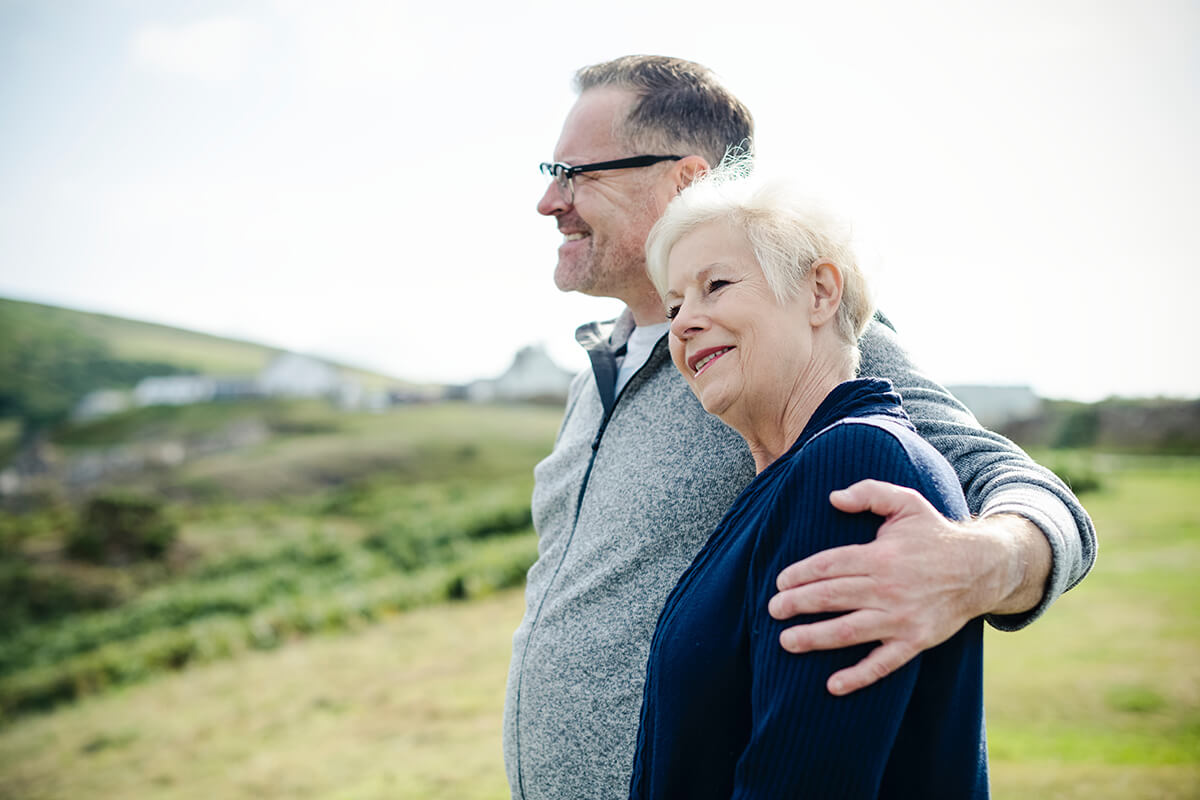It has been a lonely year for many people, and it is easy to simply write it off as yet another effect of the Covid-19 pandemic. However, if you are finding that your loneliness is persisting even as you start to emerge back into your social circles, you might need to take some specific steps to boost your mental health.
We’ve all experienced feeling lonely at one point or another, and many of us have likely grappled with it during the long months of pandemic lockdowns. Loneliness is actually considered to be a healthy response to isolation, one that spurs us to seek out the company of others and fulfill an innate need for interaction and communication. But what happens when that hollow feeling doesn’t dissipate when you’re among friends? Or what if you are finding yourself unable to connect like you used to? These could be signs that there is something deeper going on.
Different Personalities, Different Impacts of Loneliness
When it comes to personality types, you might assume that introverts suffer the impacts of loneliness more since they tend to be less outgoing. However, people with extroverted personalities may actually be more prone to feelings of loneliness than introverts. Extroverts draw energy from social interaction, and feel recharged when around other people. This personality feature can lead to a greater susceptibility to low moods when alone.
This does not mean introverted people can’t experience loneliness. While introverts feel comfortable in healthy solitude, if there is a pervasive feeling of disconnectedness with others, including friends or family, this can indicate that loneliness is taking hold.
How Can You Tell if You Are Lonely?
For some people, loneliness is an easily identifiable state, but for others it can be harder to identify what’s going on. Being familiar with signs of loneliness can help you pinpoint what is causing your discomfort.
Signs of Loneliness
- Feeling disconnected – You are out with friends, people that you enjoy, and yet you feel like you have nothing in common, or nothing to offer them. Your interactions might seem awkward or forced, and you don’t feel any fulfillment from hanging out. You might notice that you didn’t have this problem before, but now cannot figure out how to solve it.
- You don’t have people you are close to – You have surface-level relationships with people, but no close friends or family members. You feel that there is no one who really knows you, or is invested in a relationship with you.
- Experiencing fragmented sleep – Studies have shown that being lonely causes people to wake up multiple times in the night, causing what is known as fragmented sleep. This can also contribute to feelings of exhaustion and depression that are also common to someone experiencing loneliness.
- Feeling isolated even when you are not – You’re on a crowded bus, in the middle of your office, at a meeting, watching a sports game – and yet you still feel completely alone and separate from those around you.
- Getting really attached to your things – When your possessions start to become a major priority, it can be a sign that you are trying to compensate for your lack of relationships through material objects.
- Craving warmth – Are you obsessed with long, hot showers and baths? Cup after steaming cup of coffee or tea? Burying yourself in blankets? You might not be cold, but lonely. Research has suggested that people who lack “social warmth” seek warmth out in other ways.
- Feeling exhausted by social interaction – If you feel like it takes everything out of you to have dinner with friends, go to a movie, or even just talk on the phone, this can also be a sign of loneliness. This feeling may be accompanied by feelings of depression, self-doubt, and lack of self-worth.
- Starting or increasing use of substances – loneliness can lead to an uptick in substance use, to the point of abuse. If you find yourself rewriting your own rules (“I know I said I’d never drink alone, but…”), you may want to pay attention to a possible link between lack of social interaction and substance use.
Short bouts of loneliness that get resolved after quality time with people you love and care about are normal parts of life. However, prolonged periods of loneliness can have significant impacts on a person’s mental and physical health.
Loneliness and Our Health
Loneliness can have long-term effects on both the mind and body. Feeling lonely increases the level of the stress hormone cortisol, which can in turn trigger a cascade of side effects including weight gain, inflammation, concentration problems, and more. Loneliness is also linked to major mental health issues like depression, increased risk for substance abuse, high blood pressure, heart disease, and sleep disorders.
Feeling lonely can also have an impact on cognitive functions, with a potential connection between dementia and memory issues and extended loneliness and isolation. These health issues underscore the need to address loneliness as a potentially serious condition.
How to Combat Loneliness and Boost Mental Health
In order to push back against loneliness and break social isolation, you need to get proactive about how you socialise. Here are a few suggestions to start reconnecting.
Get outside and get moving – if your loneliness is making you feel exhausted and depressed, one of the first things you can do is to go outside, preferably in the sunlight, and exercise. This boosts endorphins and serotonin levels in your brain, “feel good” neurotransmitters that can improve your outlook and energy.
Put yourself out there – we all know the old saying “practice makes perfect,” and while we might not have ever imagined it applying to social interactions, it definitely does. Make a point to regularly get together with your friends and have a chat. Volunteer or take a class. Remember it may take a while to feel completely comfortable again in social settings, and that’s okay. Emerging from loneliness is a healing process, and healing takes time.
Talk about what you’re going through – if you have close friends or family that you have been able to confide in previously, talk to them about how you are feeling and let them know what you need. It is possible that they aren’t aware of what you’re going through, and may not be feeling the same distance you are in your interactions. If this is still proving difficult, or you’re not currently in close relationships with others, this is a good time to reach out to a mental health specialist for targeted support and guidance.
Overcoming Loneliness with a Healing Community at The Dawn

If you have been struggling with feeling lonely and disconnected from others for a while, and feel like you need some specific support in rebuilding relationships, The Dawn can help. The Dawn Wellness Centre and Rehab in Thailand offers personalised, residential treatment programmes for people living with a wide variety of mental health or substance use disorders. We specialise in the treatment of co-occurring disorders, so if your isolation is related to another mental health issue, or the stress of loneliness has caused you to turn to drugs or alcohol to cope, we can help you address and overcome these challenges.
At The Dawn, we purposely keep our client numbers under 35 so that each person feels that they are part of a welcoming community whom they can rely on from the moment they arrive. Everyone at The Dawn is on a first name basis, and clients have an all-access pass to our team for support whenever they need it.
Call us today to learn more about how The Dawn can support you in rebuilding connections and leading a happier, healthier life.
Related Posts
 Can Connection Really be the Cure for Addiction?
Johann Hari’s NY Times bestseller about the causes of addiction and depression brings a lot to the table. So did his TED talk in 2015 at the TED Global conference...
Can Connection Really be the Cure for Addiction?
Johann Hari’s NY Times bestseller about the causes of addiction and depression brings a lot to the table. So did his TED talk in 2015 at the TED Global conference...
 Depression Triggers to Watch for When You’re Over 40
You’ve noticed that in the last few years, you haven’t quite felt like yourself. You are irritable, sad, and feel flat about things that used to make you excited. Knowing...
Depression Triggers to Watch for When You’re Over 40
You’ve noticed that in the last few years, you haven’t quite felt like yourself. You are irritable, sad, and feel flat about things that used to make you excited. Knowing...
 The Top Eight Relapse Triggers—And How to Manage Them
Learning to navigate your life in recovery means becoming intimately acquainted with triggers – the people, places, things or feelings that can make you crave using again. Making yourself aware...
The Top Eight Relapse Triggers—And How to Manage Them
Learning to navigate your life in recovery means becoming intimately acquainted with triggers – the people, places, things or feelings that can make you crave using again. Making yourself aware...
 Have the Golden Years Lost their Luster? Depression Could be to Blame
Getting older brings new opportunities and new challenges – but depression should not be one of them. Is retirement feeling less like a vacation and more like a loss? Is...
Have the Golden Years Lost their Luster? Depression Could be to Blame
Getting older brings new opportunities and new challenges – but depression should not be one of them. Is retirement feeling less like a vacation and more like a loss? Is...





